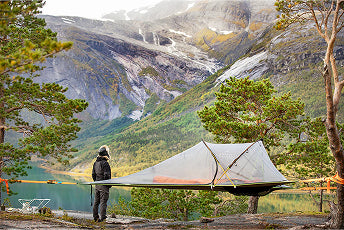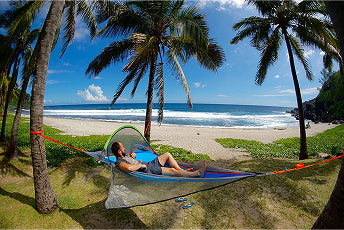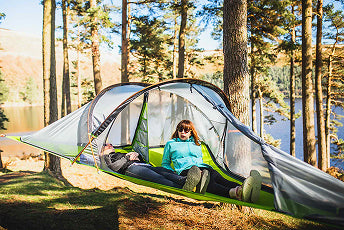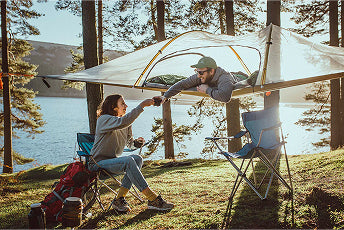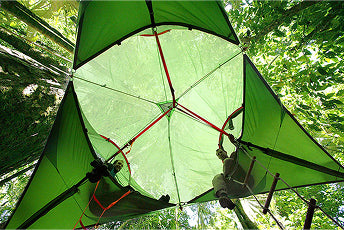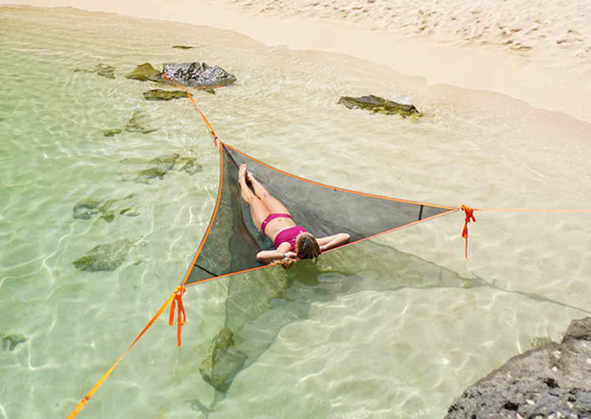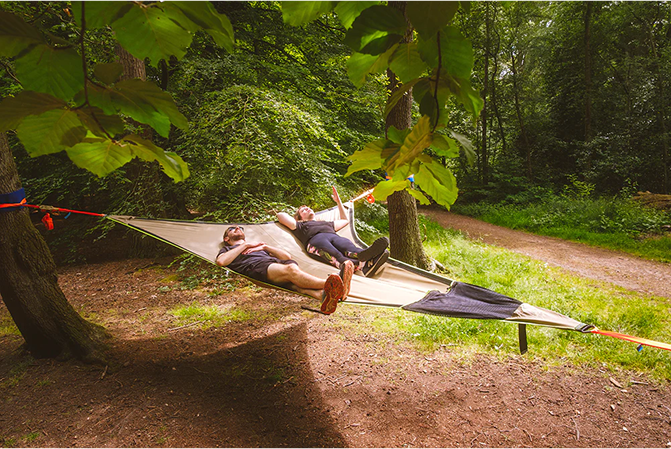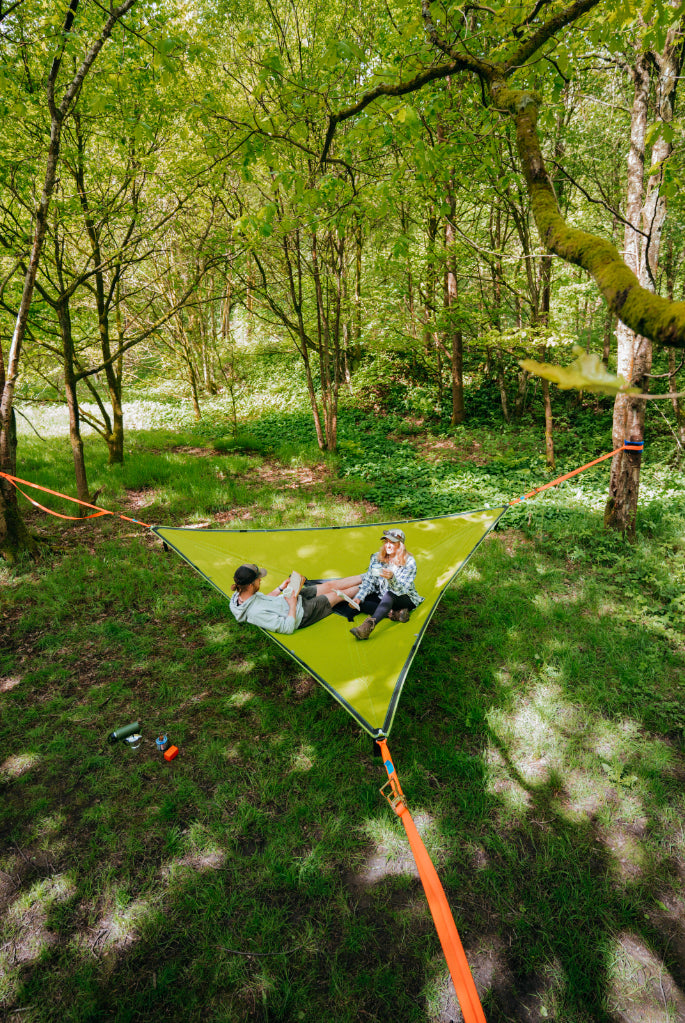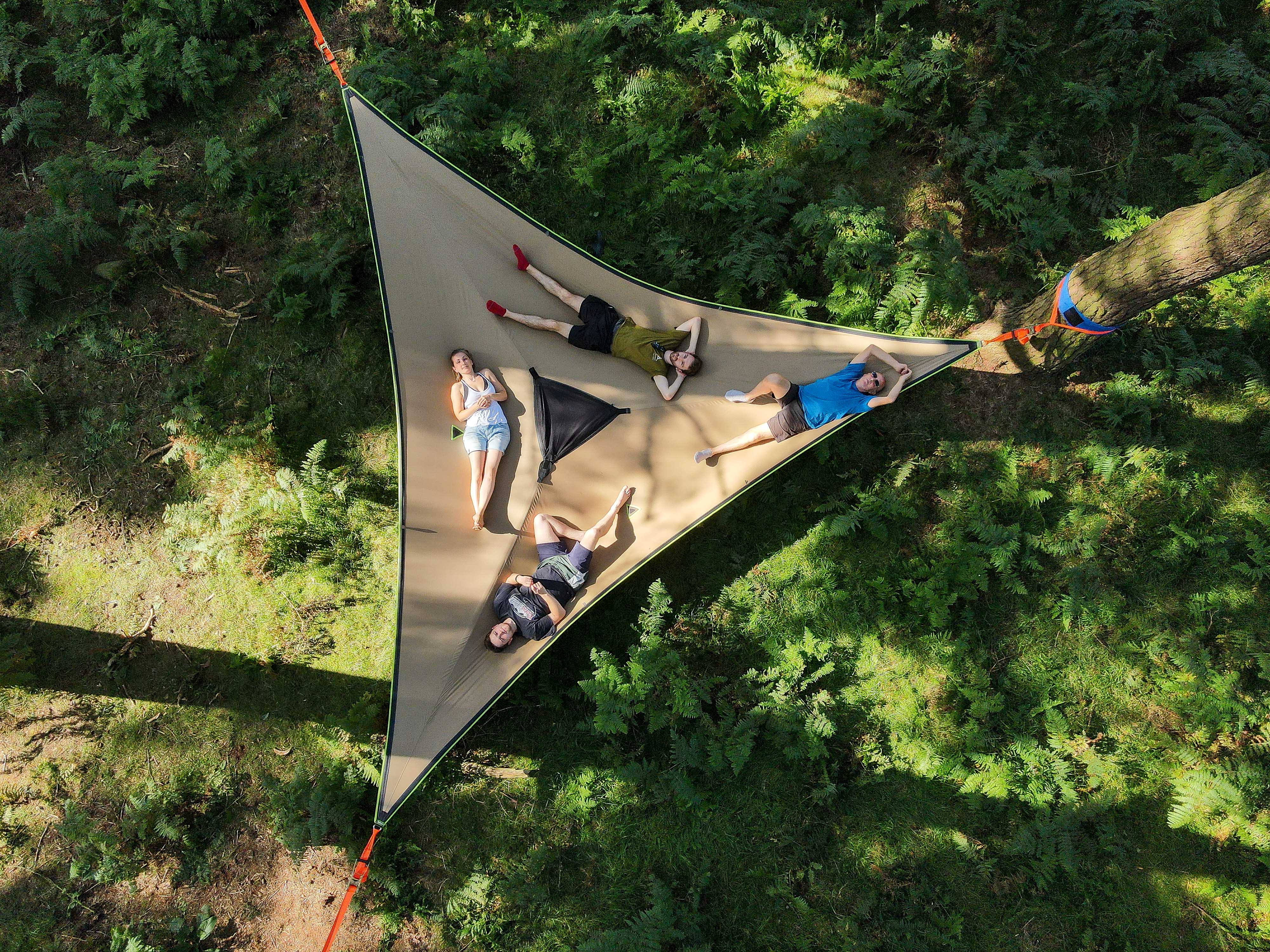
Camping is an excellent way to unwind, enjoy the outdoors, and spend time appreciating nature. However, if we are not mindful and aware of the well-being of the natural environment, there's a high chance of causing disruption to this delicate balance of native flora and forna, and the wider ecosystem.
This is where the concept of sustainable and eco-friendly camping comes in.
Also known as green camping, it is a practice that focuses on minimizing the environmental impact by promoting conservation and the preservation of natural resources. An eco-friendly camping adventure involves making conscious choices to reduce waste, conserve resources, and protect the environment at large.To this end, this post will give you some of the top tips for overcoming these disruptions by following sustainable camping practices and enjoying your next adventure in nature.
Top Tips to Enjoy a Sustainable Camping Adventure
If you are planning your next camping adventure, you might be thinking about various ways to make it a beautiful experience, and how to capture memories using your camera along with an image-to-video generator, or ways to convert images to videos.
However, perhaps the most important aspect of any camping trip is to consider the environmental and wildlife impacts that your camping adventure can have.
Here are some tips to help you get started on your next camping adventure and make it eco-friendly in every possible way:
1. Make Use of Eco-friendly Camping Gear
Picking eco-friendly camping gear offers a range of benefits to both the environment and the campers. Make sure to invest in sustainable camping gear made from environmentally friendly materials, such as recycled or organic fibers.
Other aspects to consider here include the durability and lifespan of the camping equipment, which can help you save money while reducing the impact on the environment. Tentsile Tree Tents and Hammocks are crafted to the highest standard, and built to last for many years of adventure, if properly maintained and stored. Even if your camping equipment is made from synthetic materials, make sure to take good care of it so you can keep and use it for as long as you can - this way you don’t need to replace it as often and save it from going into landfill prematurely.
Likewise, pick biodegradable soap, toiletries, sunscreen, and insect repellent to minimize environmental impact and water pollution.
2. Camp With Leave No Trace Principles
For an eco-friendly adventure, follow the Leave No Trace principles to help preserve the environment.
These principles include:
- Taking all the trash with you.
- Disposing of water properly.
- Leaving the campsite cleaner than you found it.
Also, stick to established trails when hiking to avoid damaging fragile ecosystems and causing erosion. This helps keep natural areas beautiful and healthy. You can find out more about the Leave No Trace principles here.
3. Visit During Low Season

Most of the popular camping places can get very busy and crowded during high season, thus putting a lot of strain on the environment.
The best way to avoid this in a sustainable and eco-friendly way is to visit these areas at off-peak times, such as the beginning or end of the season, when the chances of locations being overcrowded are minimal.
To avoid crowding, if you do intend to camp at the busiest time of year, consider choosing a less frequented, off-the-beaten-path location. It's also crucial to consider the potential effects of your visit on the local animals; to reduce your impact on the ecosystem, avoid camping during the times when native animals are mating and nesting, as this can disturb their natural activities.
4. Go For Reusable Bottles/Dishware
For the most sustainable camping dinnerware, opt for reusable bottles, dishes, and food storage containers.
By investing in these items, you can significantly reduce the impact of single-use plastics, which are major contributors to landfill waste and pollution. Choosing durable, eco-friendly options helps protect the environment and enhances your camping experience.
Likewise, replace plastic cutlery, straws, paper towels, plates, and cups with more sustainable, sturdy, and well-designed utensils.
Using these reusable products and dishware can lessen the quantity of waste produced during your camping vacation and save you money over time.
5. Use Locally Sourced Organic Food
Another important thing campers can do to promote eco-camping is to opt for organic and locally sourced ingredients for sustainable camping food.
Since most organic farming practices do not use synthetic pesticides and fertilizers, they have a much lower environmental impact as compared to other conventional methods.
Likewise, sourcing organic food locally also helps reduce the carbon footprint associated with long-distance shipping and supports local communities. Some of the low-fuss camping food options you can cook for yourself include soups, sandwiches, and similar meals that can be partially or completely prepared ahead of time.
6. Take Safety Precautions During Campfires

Based on the place and time of year you go camping, it is important to follow specific guidelines when building campfires to avoid harmful instances of forest fires.
If you’re in a wildfire-prone area, chances are the guidance will be skip the fire altogether. However, if you wish to experience the adventure and have one in a permitted location, make sure to use a small raised fire pit covered with stones. This will help you reduce wildfire risk, regardless of the area you are in.
Likewise, it is also important to avoid using a campfire to dispose of waste such as aluminum cans, plastic bottles, or trash. When burned, these pollutants create air and soil pollutants that are not safe for the environment or for you to breathe in.
Wrapping Up
Camping can be a great adventure that allows you to reconnect with nature, and gives you both a rejuvenating experience of spending time in the great outdoors.
However, respecting the environment and nature is fundamental to sustainable camping. It involves preserving natural resources and appreciating the beauty of the environment without harming it. After all, the reason many of us go camping is to enjoy nature in all of its splendor - which means treating it with respect.
As you start your eco-friendly camping adventures, remember that every mindful choice improves your experience and protects nature. By following these eco-friendly camping tips, you help preserve beautiful landscapes for future generations.

